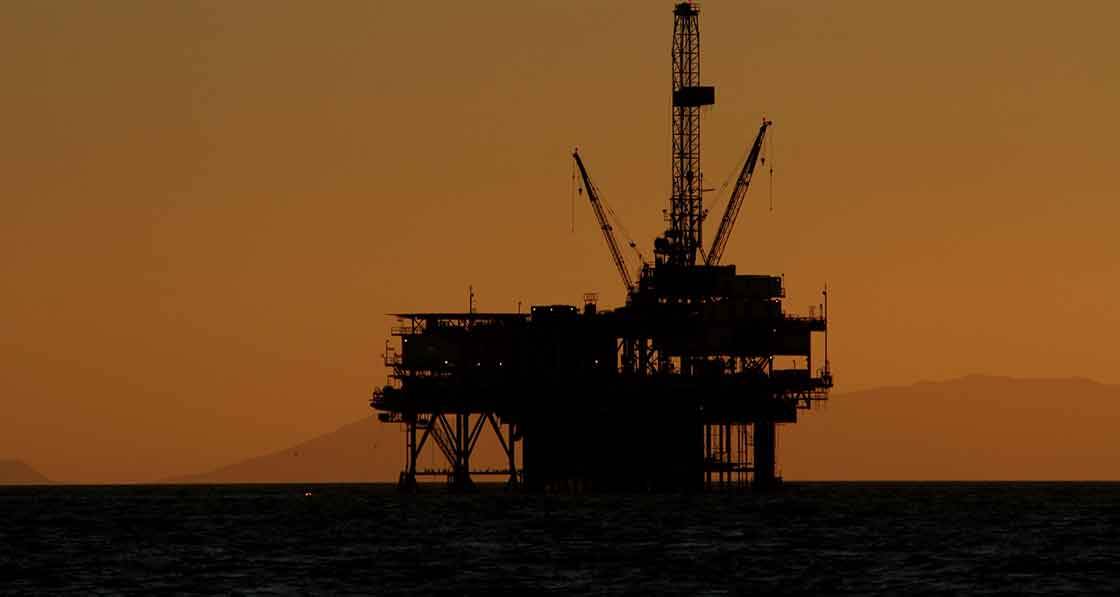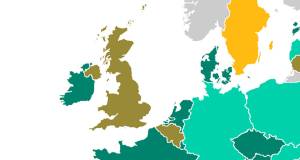
- Blogs
- Posted
The world energy crisis 2022
The energy crises of the 1970s did not prompt a major shift in Europe from foreign oil and gas towards energy efficiency and renewables. Will we learn this time around, wonders Dr Marc O Riain
This article was originally published in issue 41 of Passive House Plus magazine. Want immediate access to all back issues and exclusive extra content? Click here to subscribe for as little as €10, or click here to receive the next issue free of charge
In many of my articles I have touched on geopolitical events that have impacted the supply, and therefore the cost, of energy. This has had a direct and consequential effect on the cost of petrol in our cars, and the heating of our homes.
Up to 1 April 2022, UK energy costs have already increased by 54 per cent and in Ireland suppliers like Bord Gáis have increased gas prices by 39 per cent, forcing both governments in both countries to give householders a once off energy rebate, which will do nothing to abate demand or reduce energy costs.
As I write this article, Russia has invaded Ukraine and Brent crude has just passed $105 a barrel and maintained that level for six weeks. Undoubtedly the ratcheting up of EU sanctions on Russia, the halting of the Nord 2 gas pipeline, and the fact that Nord 1 actually runs through Ukraine from Russia, are likely to result in home energy costs increasing further, throwing more of us into fuel poverty.
These are people that will routinely have to decide between food and heating. Soaring inflation and carbon taxes have further increased pressure on household income.
You would think that since the first energy crisis of 1974, we would have weaned ourselves off the teat of foreign oil and gas, that we would have transformed our building standards and addressed energy conservation in our existing buildings. Much has been done in terms of the development of renewables and new building standards in response to the Kyoto, and more recently Paris, climate agreements. However, Russia accounts for 57 to 60 per cent of all EU gas, oil and coal imports (REPowerEU 2022) , and accounted for 47 per cent of UK gas imports in 2021.
In fact the UK imported 33.7 million megawatt- hours’ worth of liquefied natural gas (LNG) from Russia in 2021, up from 15.6 million in 2018. Russia is trying to force EU countries to pay for gas imports in roubles in order to prop up the value of the currency, and is threatening to turn off the tap.
While the EU has been debating the creation of a voluntary strategic reserve for natural gas, prices hit record highs in December with gas costing €183 per MWh, an increase of 985 per cent year-on-year, and by 5 April EU gas stocks had fallen to 17 per cent. Wholesale natural gas prices in the EU are at $42.39 per MMBtu, up from $6.127 one year ago, a 690 per cent increase.
The EU has struck a deal with the US for about 10 per cent of its gas requirement for the coming winter, but it still faces a major challenge in replenishing its stocks. European Commission president Ursula von der Leyen has stated that the EU wants to diversify away from its reliance on Russian imports and in general pivot towards renewables.
But we have not radically shifted, at speed, toward renewable energy, nor have we translated our building stock to low energy demand since the energy crises in 1973 and 1979. Rising environmental concerns have shifted our building energy standards for new buildings since 2010, but this does not address the elephant in the room: we only replace one per cent of our housing stock per year.
Since 1974, the UK has aggressively followed an energy independence strategy shifting its energy mix to oil, gas and nuclear, with new reserves in the North Sea and nuclear reactors along the Irish Sea. Indeed, Boris Johnson has just rejected a doubling of onshore wind in favour of seven new nuclear reactors.
The percentage of renewable energy generation in the UK in 2021 was 36 per cent whilst fossil fuels represented 45 per cent of total energy demand. Ireland by contrast is more dependent on imported fossil fuels with renewable generation at only 13.5 per cent in 2020 (Source: SEAI).
The UN’s Intergovernmental Panel on Climate Change (IPCC) has just published Climate Change 2022: Mitigation of Climate Change, and it has warned that the use of coal must be slashed by 95 per cent worldwide, while consumption of oil and gas has to be reduced by 60 per cent and 45 per cent, respectively, by 2050.
We must use this crisis to move our countries towards a faster rollout of renewable infrastructure, offshore wind, micro-solar, solar fields, micro-grids, feed-in tariffs and green hydrogen. We must make grants for elemental and deep retrofit packages simpler and easier to access with low-to-zero cost finance for energy conservation measures.
While we think about our own future, energy security, environment and population my heart goes out to the brave people of Ukraine. Solidarnist!



